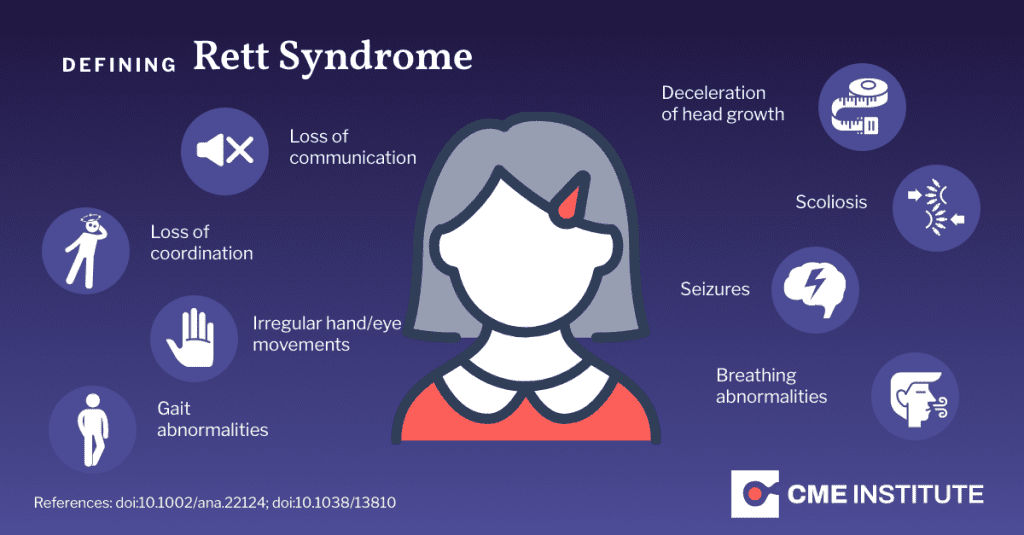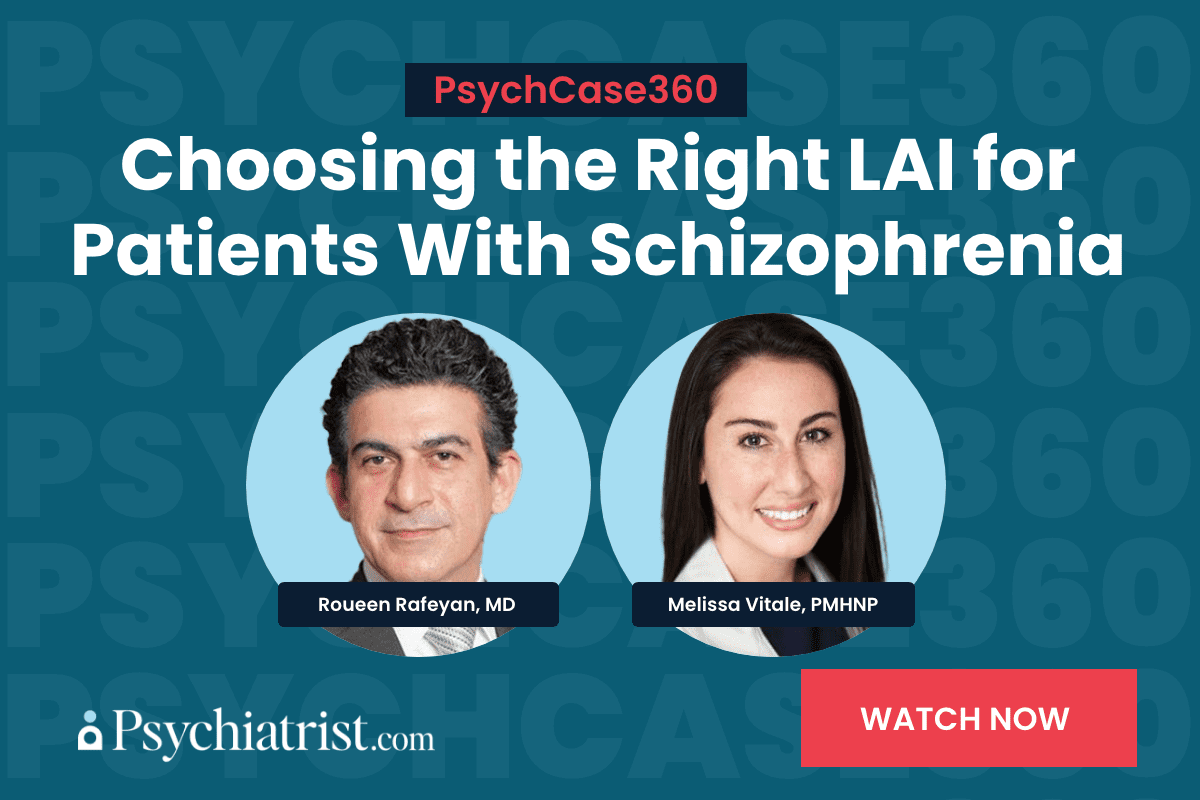Rett syndrome (RTT) is a rare neurodevelopmental disorder affecting approximately 1 in 10,000 live primarily female births. According to a recent National Institutes of Health report, advances in genetic testing and phenotypic identification have revealed some extremely rare cases of males with a similar phenotype.
RTT is typically characterized by a period of normal development after birth, followed by regression in speech and hand movements, gait abnormalities, erratic hand movements, and deceleration of head growth. Other diagnostic criteria for RTT include irregular breathing, gastrointestinal and musculoskeletal disorders, seizures, poor sleep, reduced response to physical pain, and behavioral issues.

Understanding Rett Syndrome
Rett syndrome seems to be caused by mutations in the Methyl-CpG binding protein 2 (MECP2.) This protein is crucial for regulating the activity of genes involved in nervous system development and function.
As a disorder marked by various comorbidities, RTT treatment requires a multidisciplinary approach:
- Neurologists may treat a patient’s seizures.
- Psychiatrists can offer psychological support.
- Sleep medicine specialists may sometimes manage mood and sleep disorders.
- Respiratory therapists, cardiologists, gastroenterologists, and orthopedists often round out the medical care team. There is no cure for Rett syndrome. But certain comorbidities typically associated with RTT are treatable. There are, for example, medications for epilepsy and anxiety-related GI and respiratory issues.
Parents and caregivers can help ensure patients receive the best care by keeping meticulous records of health documents and ensuring patients receive regular wellness checks, immunizations, and annual ECGs to monitor QTc intervals.
Potential Treatments
The average lifespan for RTT patients is currently 50-years old. Emerging treatments signal a brighter future ahead.
One recent development is the use of a drug called IGF-1 (insulin-like growth factor 1.), In some studies, the therapy improved brain function and communication skills in individuals with Rett Syndrome. Gene therapy is also showing some promise. By modifying or replacing defective genes, scientists can correct the underlying genetic cause of the disorder.
And another promising development last month. Acadia Pharmaceuticals announced that their investigational drug, Trofinetide, was the first-ever drug approved by the U.S. Food and Drug Administration (FDA) for the treatment of Rett syndrome. Sold under the name, DABUE, the medication works by reducing inflammation in the brain, stopping certain types of cells from becoming overactive, and increasing the amount of the naturally occurring IGF-1. In clinical trials, subjects taking Trofinetide saw improvement across several key areas, including social communication, fine motor skills, and breathing.
In addition to these medical treatments, there are also some non-medical interventions that may be helpful in managing Rett Syndrome symptoms. For example, physical therapy can help improve mobility and motor function, while speech therapy can help with communication skills. Assistive technology devices, such as eye-tracking communication systems, can also help individuals with Rett Syndrome communicate more effectively.
Learn More
In this accredited activity for CME Institute, Alan Perc, MD, Amitha Ananth, MD, and nurse practitioner Jane Lane from the University of Alabama, Birmingham discussed how physicians can better support patients with RTT. The goal, they said, is to optimize care to improve quality of life.
“Hope is on the horizon that these emerging drug treatments will be available for patients in the near future and that gene therapy will become a reality in the next year or so,” Percy said.
To learn more about the latest updates in RTT and earn free CME credits, complete these activities:



